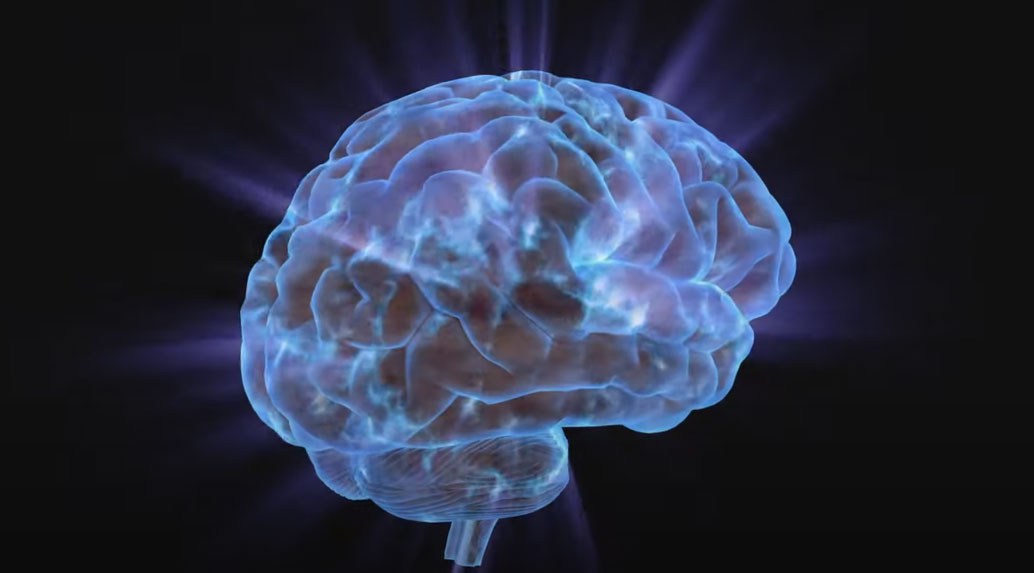Get Sufficient Rest
©Arlene R. Taylor PhD
Stanford professor Dr. William C. Dement, author of The Promise of Sleep, identified sleep deprivation as the most common brain impairment and says “We are a sleep-sick society.” Multiple studies suggest that the average human being is sleep deprived. Are you one of them? If you are, your brain will suffer.
According to James B. Maas MD, Cornell University professor, and author of the bookPower Sleep, healthy sleep has been proven to be the single most important determinant in predicting longevity—but modern cultures often have become studies in sleep deprivation.
As pointed out in Age-Proofing Your Brain, sleep is absolutely necessary for survival. You spend about one-third of your life sleeping. Far from being unproductive time, sleep plays a direct role in how full, energetic, and successful the other two-thirds of your life can be.
Each brain has an optimum amount of sleep that it needs on a daily basis. And your brain’s need for sleep, according to the National Sleep Foundation, tends to remain constant throughout adulthood (unless, of course, you aren’t stimulating your brain on a regular basis).
First, guesstimate how much sleep you think your brain needs (e.g., seven hours). Then get more than that for several nights in a row. Eventually, your brain will begin to wake up spontaneously when it has had sufficient sleep. Make note of that number of hours, which will typically represent your brain’s optimum sleep needs.
Candice Pert indicated that during sleep, your cells release stored information that seeps into the consciousness as dreams. By recording and reviewing your dreams, you can often uncover repressed material that holds valuable keys to your personal and spiritual growth.
When a muscle is fatigued, it gives you a signal (e.g., pain, cramps, twitching), which is due to lack of oxygen to the muscle. In order to recover you must rest. According to Dr. Yaryura-Tobias in Prevention Magazine’s How to Boost Your Brain Power to Enrich Your Life, the brain tires in a similar way and gives you signals when it is fatigued. These include:
- Inability to concentrate
- Irritability to minor things
- A sense of being jumpy or nervous
- Inability to put thoughts together cogently
- Difficulty falling asleep or staying asleep
- Moving from lows to highs to lows
- Inability to be creative
Determine your brain’s optimum sleep needs and give your brain the quantity and quality of sleep it needs on a daily basis.
Most people need somewhere between seven and eight hours of sleep each night (although there are exceptions on either end of the spectrum). If you lose sleep one night, try to grab a ten-minute nap later in the day. It can make a huge difference to your brain.




